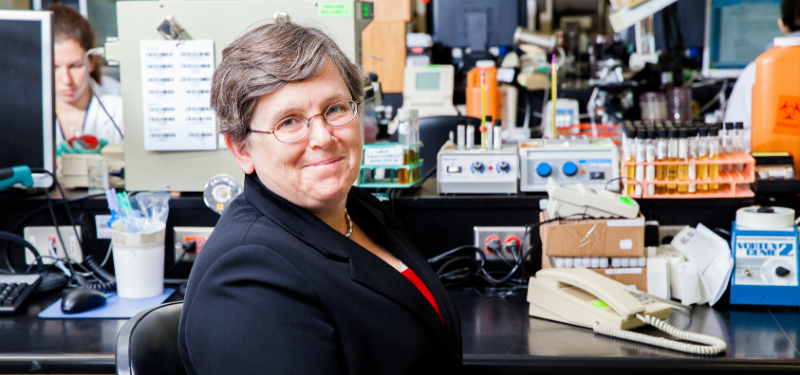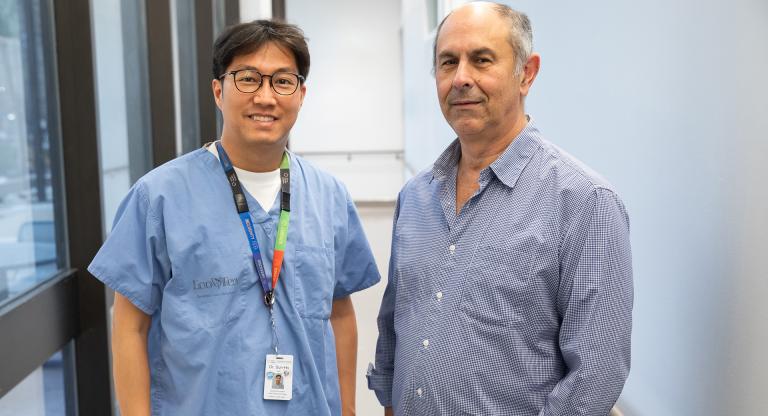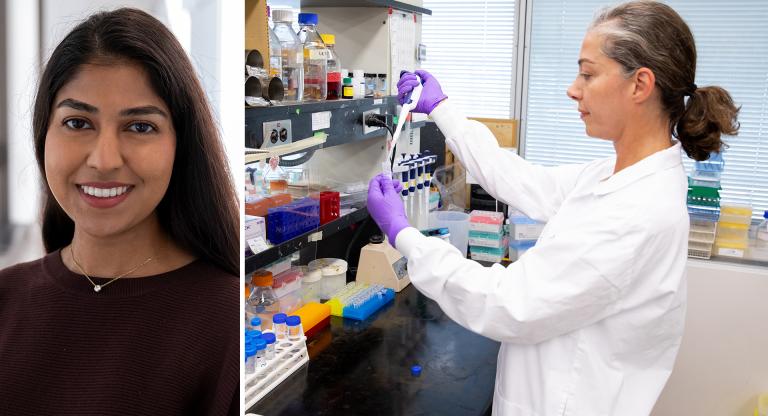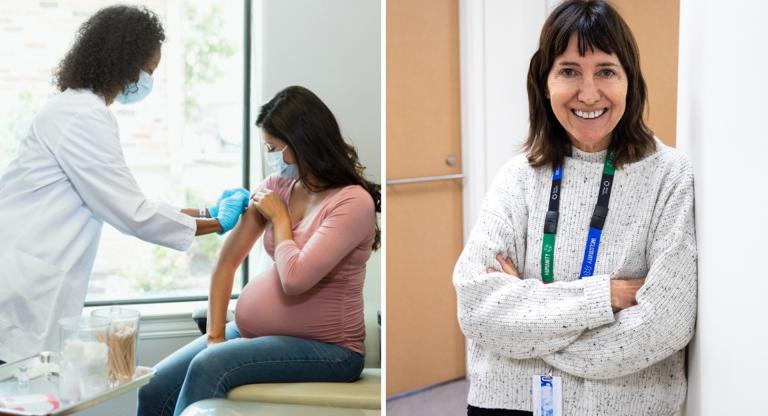Clinical trial tests if HIV medication can slow COVID-19 spread

A team of scientists from Sinai Health, St. Michael’s Hospital and Sunnybrook Health Sciences Centre is launching a clinical trial to understand whether an existing drug used for HIV treatment and prevention may work to prevent COVID-19 infection.
The trial will examine whether post-exposure prophylaxis (PEP), a medication a person takes once they’ve been exposed to a virus to prevent infection, could halt or slow the spread of COVID-19 in groups of people who have been exposed to a confirmed case.
The drug in question – Kaletra (lopinavir/ritonavir as PEP)– has long been used in this capacity to prevent HIV in those who have been exposed to the virus.
“Early studies of the use of this medication as post-exposure prophylaxis therapy in other coronaviruses such as SARS and MERS have been promising,” said Dr. Darrell Tan, the study’s lead investigator and an infectious disease physician at St. Michael’s. “These are so-called ‘cousin’ viruses to COVID-19 and we want to understand whether lopinavir/ritonavir as PEP could impact its spread as well.”
Dr. Tan, along with his co-leads Dr. Allison McGeer, a senior clinician-scientist at Sinai Health’s Lunenfeld-Tanenbaum Research Institute, and Dr. Adrienne Chan, a clinician-investigator at the Sunnybrook Research Institute, will collaborate with Toronto Public Health to identify confirmed cases of COVID-19. They’ll then connect with those exposed to confirmed cases to enroll them in the study.
“A great many people from all across Toronto have worked together to get this study started,” says Dr. McGeer. “We know we need to be finding solutions that contribute to stopping the spread of this disease as quickly as possible.”
The group of contacts of one patient with confirmed COVID-19 will be identified as a ‘cluster.’ Entire clusters will be randomized to receive either the medication or no intervention. The team of researchers will then track whether or not participants develop COVID-19 by asking them to complete self-tests for the virus weekly.
“If this strategy works, it could be a major turning point in our global effort to stop a virus where, as we have seen, the outcomes can be devastating,” said. Dr. Tan. “We are hopeful that our work will bring us closer to understanding how to slow or contain the spread of COVID-19.”
This research is funded by the Canadian Institutes of Health Research and the St. Michael’s Hospital Foundation. For the purposes of this trial, the medication, Kaletra, has been donated in-kind by AbbVie, a biopharmaceutical company. The CIHR Centre for REACH in HIV/AIDS is also supporting this work.












